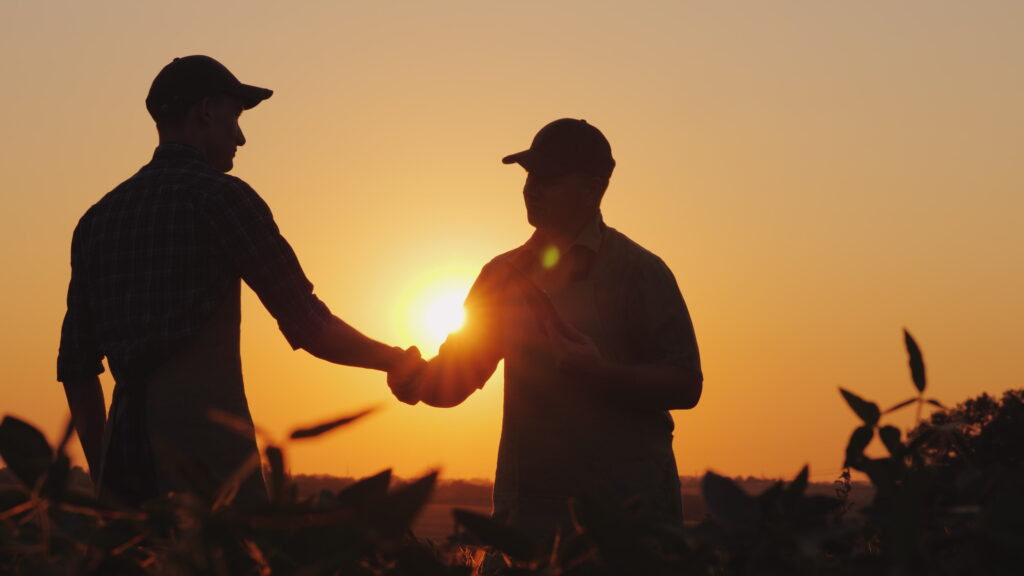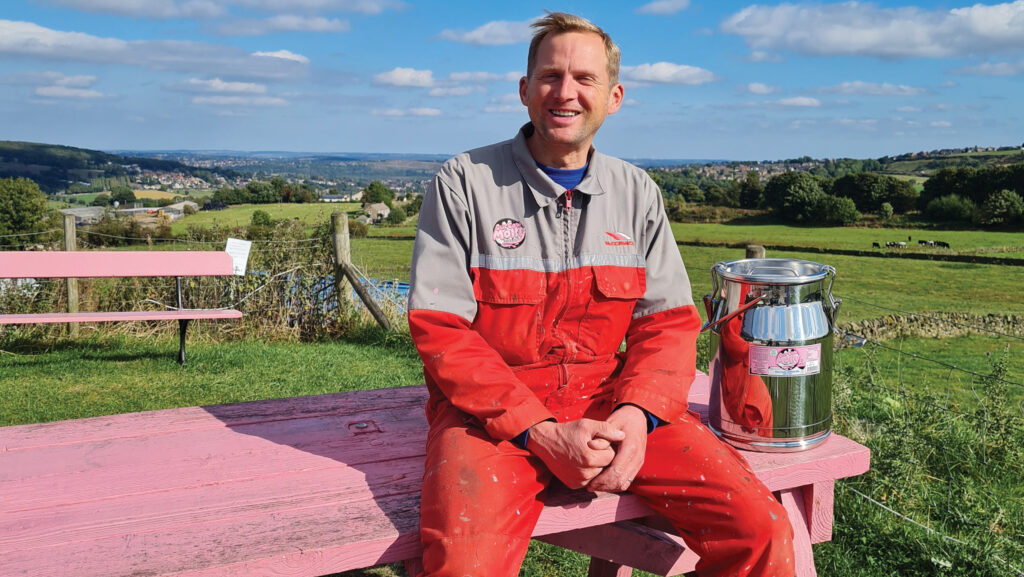Collaboration the way ahead for Transition farmers
 © Adobe Stock
© Adobe Stock Collaborating with universities by hosting research projects is providing income and other benefits for Eddie Andrew’s family farming business.
Eddie, who farms with his parents, Graham and Thelma, and his brother, Dan, at Cliffe House Farm, Dungworth, South Yorkshire is an advocate of co-operation – a milk bottling plant was established on the farm in partnership with two neighbouring producers.
See more: How 3 farmers are building resilience into their businesses
Although that collaboration ended after both neighbours exited dairy farming, the Andrew family continue to process their own milk for doorstep deliveries and sales to Sheffield’s two universities and major retailers, as well as making ice-cream to sell at the farm’s on-site parlour.

© Our Cow Molly
Partnership working continues to be a theme in the business, with the farm hosting trials for the University of Sheffield and research bodies.
This is proving valuable in a number of ways as, in addition to income from the agreements, there are other financial benefits.
Prototypes of rotating solar panels have been mounted in one of the fields and the business uses the electricity generated for milk processing.
It is also hosting three polytunnels where researchers are trialling leafy green production in an environment that required 90% less water than traditional systems and no artificial heat or light.
Farm facts
Farm size 73ha
Annual rainfall 850mm
Soil type Mixed clay loam
Transition goals
- Co-operating to reduce costs
- Establishing new dairy
- Reducing carbon footprint
Eddie encourages other farmers to make contact with their own local universities.
“The message should be that ‘we are open and we can work with you’,” he says.
“Universities will put the kit in and run trials and pay for that, and they will then either leave the equipment for the farm to utilise if there is a use for it or dismantle and take it away.”
When their neighbours quit dairy farming, the Andrew family questioned their own future as milk suppliers, but with the next generation showing a keen interest, they have made a major financial commitment to continue.
A 50m by 60m shed with an underground slurry store has been built to house the 100-cow herd and three milking robots.
“I have two children and my brother has three, all as keen as mustard, so we decided to carry on and rebuilt a significant part of our farm,” says Eddie.
“It is all very well planting crops for bird food and being involved in environmental schemes, but our core job as farmers is to produce food. We have a responsibility to do that.”
